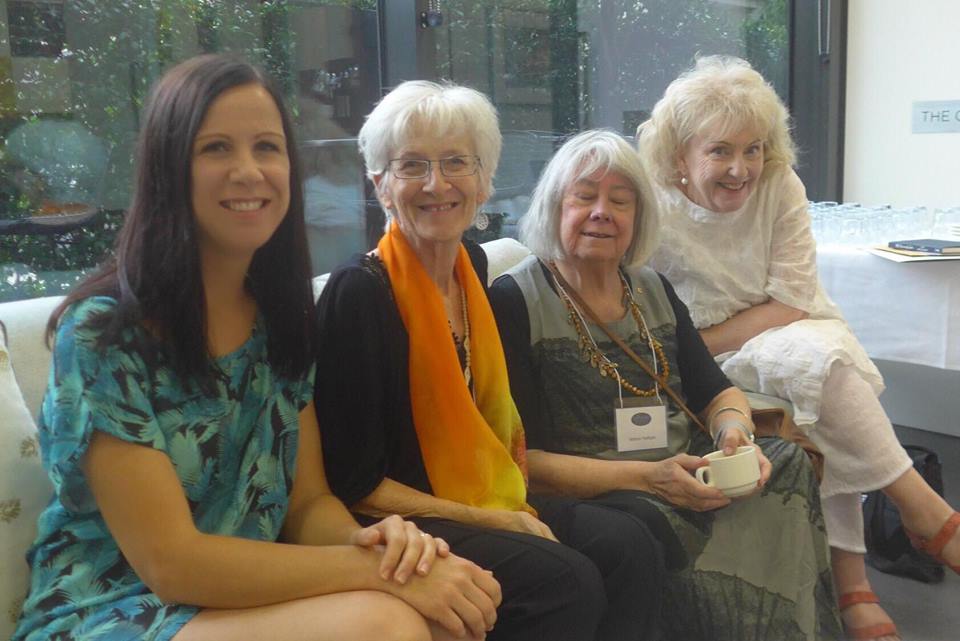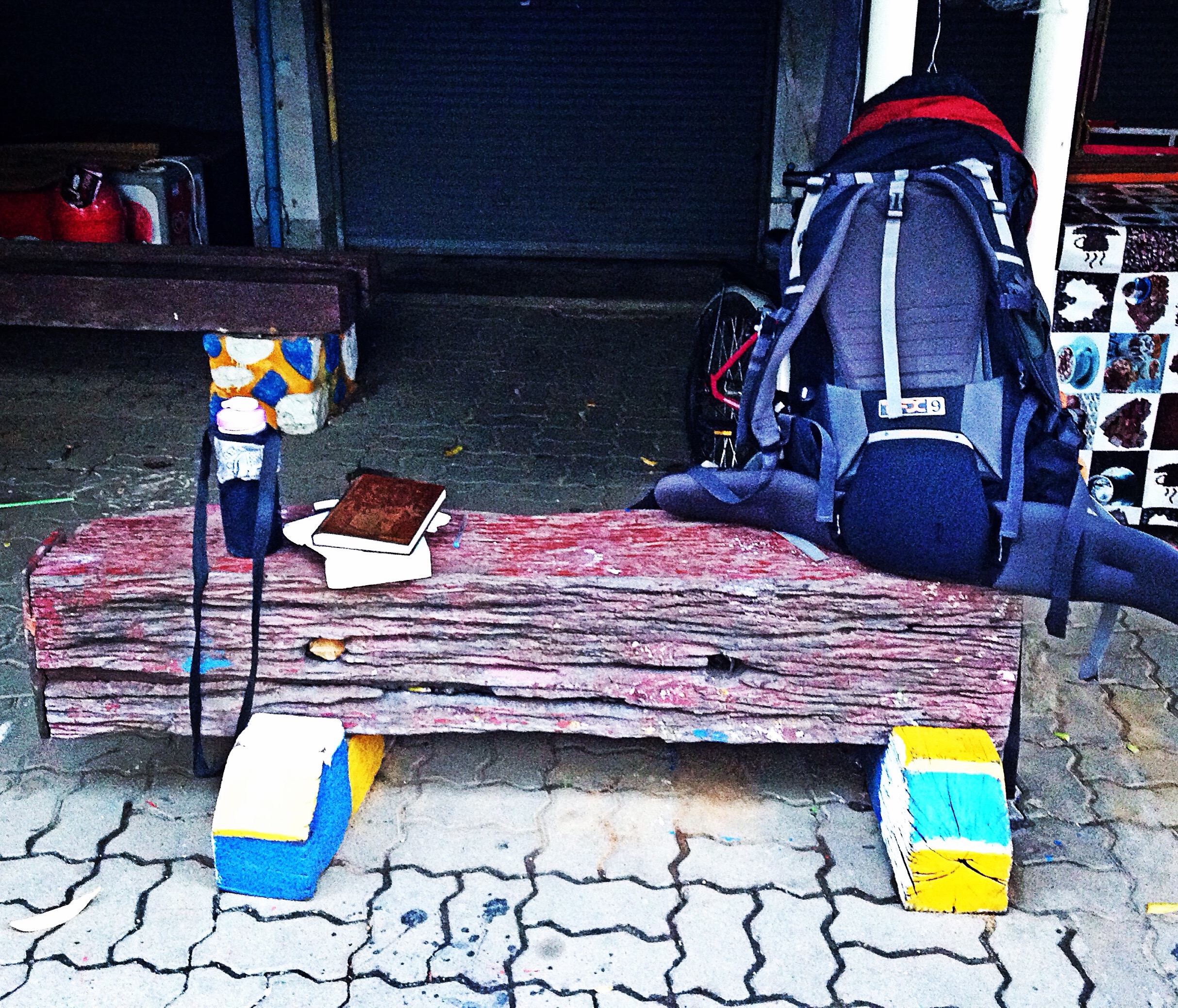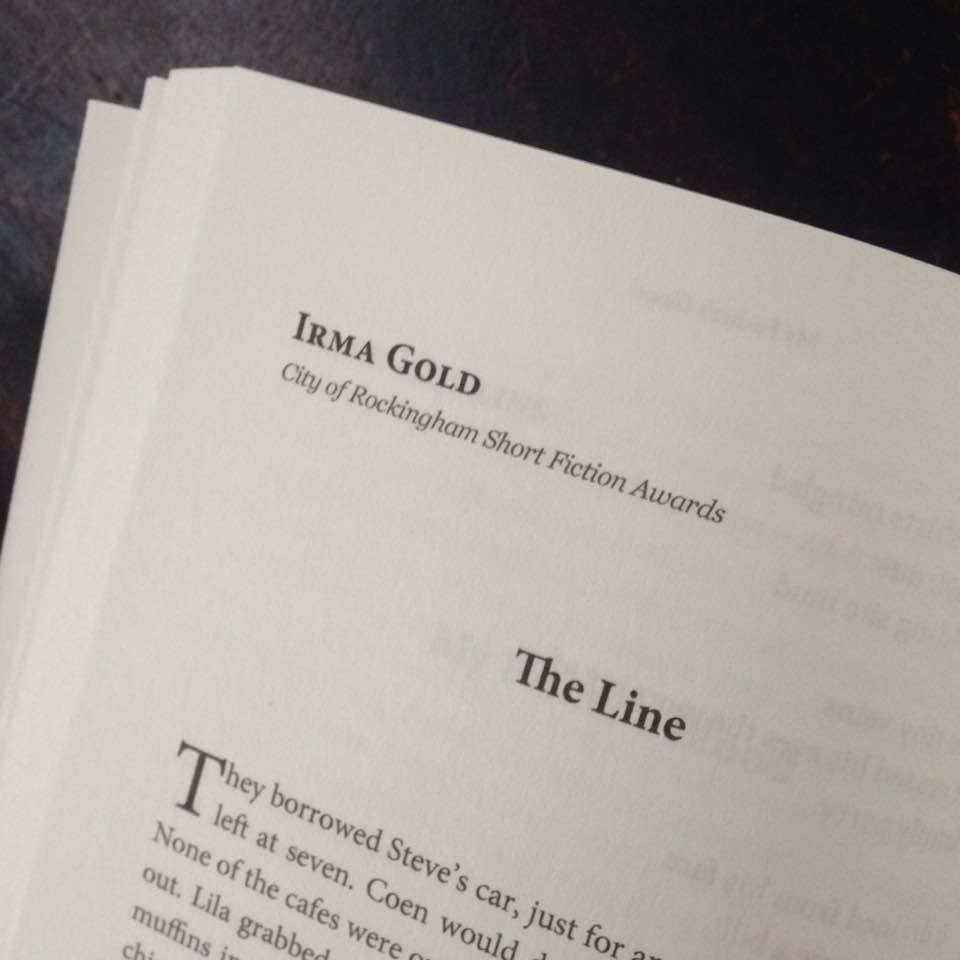Flashers (of the literary kind) unite
The inaugural Flash Fiction Festival, dedicated to the shortest of literary forms, kicked off in Canberra recently. One of the nicest things about festivals is hanging out with other writers, and there was plenty of that. But there was also ‘work’ to be done. I ran an editing workshop, and spoke on what was possibly the biggest literary panel ever, with five of us talking about our writing processes.

Read More »Flashers (of the literary kind) unite
In the spirit of flash fiction, there were a series of short keynotes addresses. Jackie French spoke about how writers have just seven seconds to hook an editor or a reader. ‘You can tell within seven seconds whether it’s good, or you can put it aside … And if it’s good you’ll get another seven seconds, and another and another.’ She also spoke about the importance of being edited and taking on tough feedback. ‘If you are a professional you are going to love it. A good strong editorship is wonderful. You get to work with a professional team on all the ideas from your brain to make them better.’ Not surprisingly, I heartily agree. She finished by reading a passage from Hitler’s Daughter, possibly my favourite book of hers (if you haven’t read it yet, you must) and told us to: ‘Write what matters. Use your words as spears.’









